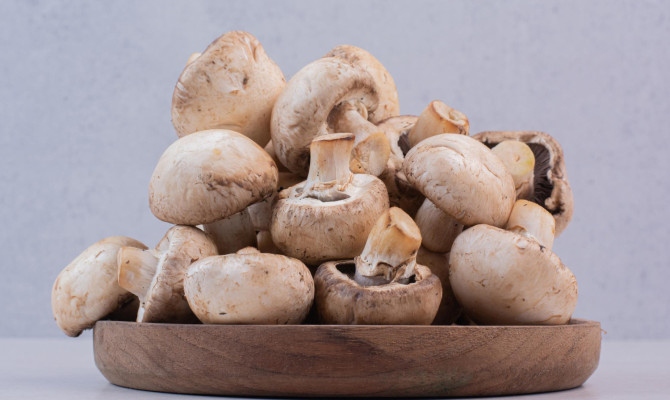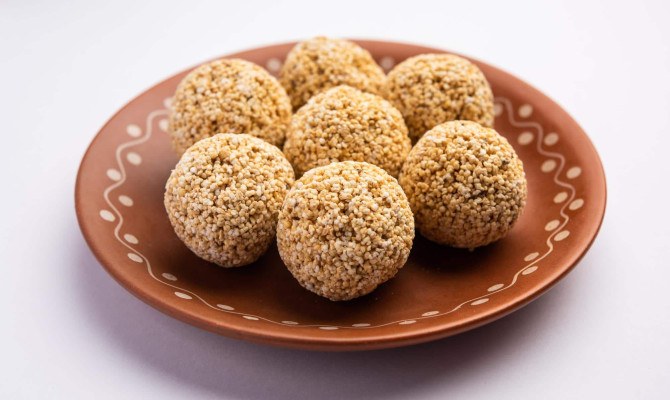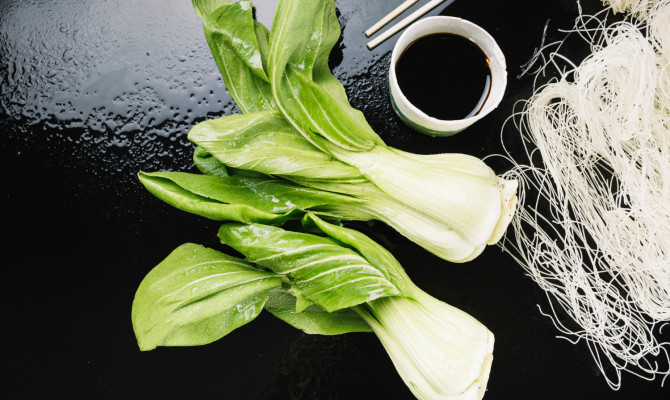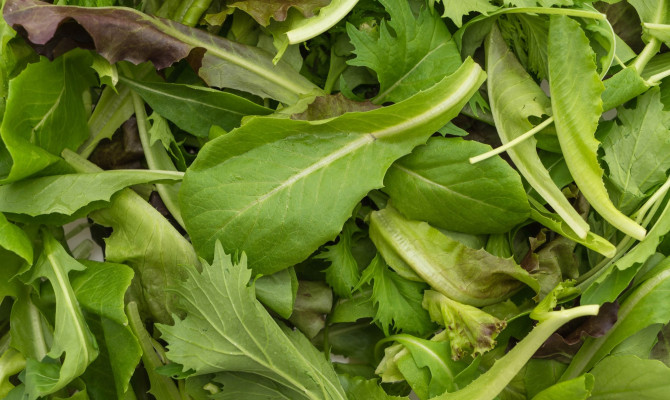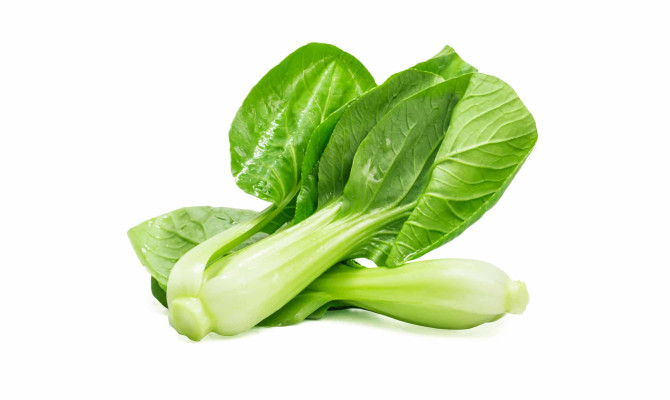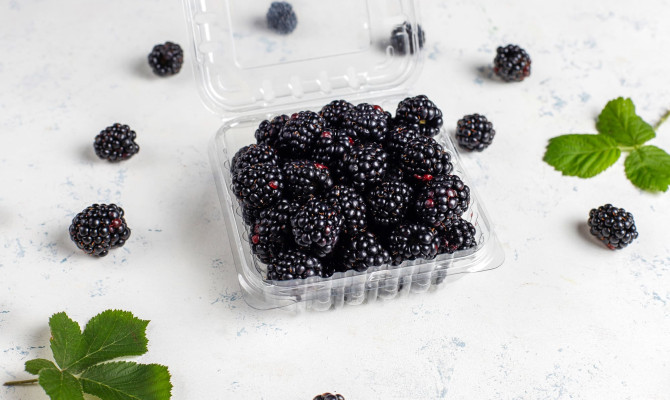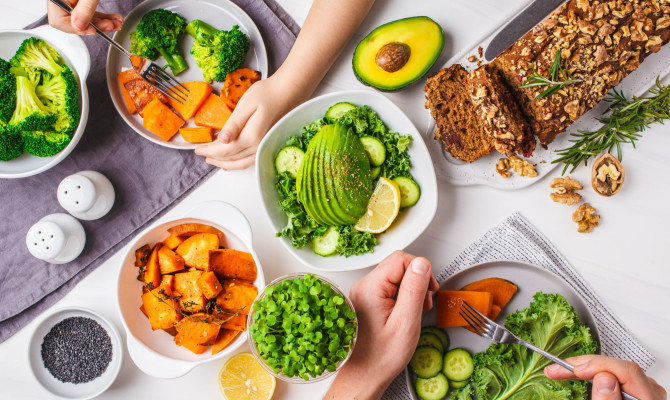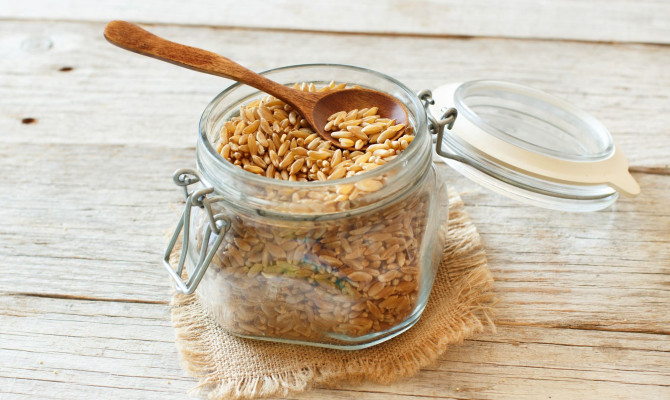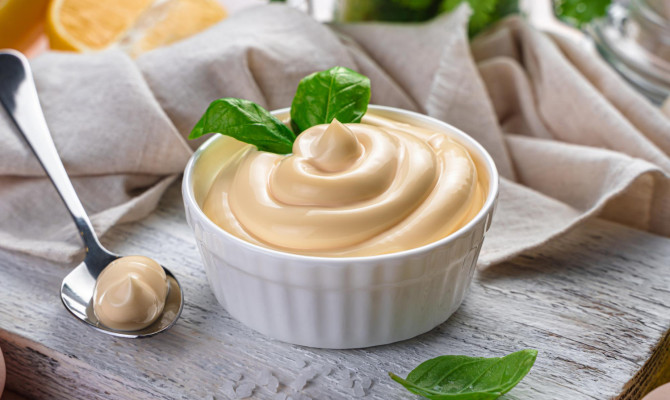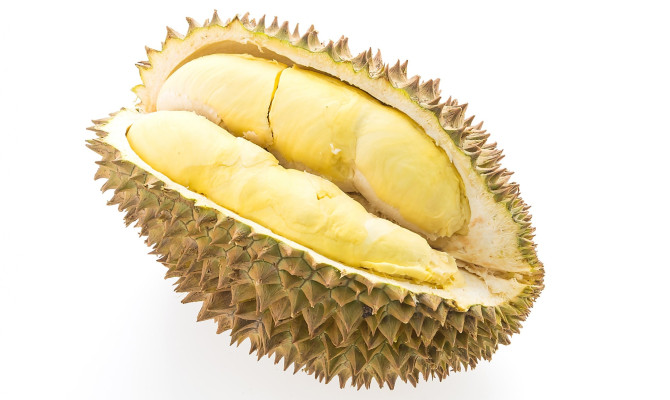Jicama: A Healthy and Nutritious Root

- Jicama
- 22 Aug 2023
Overview
What is Jicama?
Jicama is a delicious root vegetable from the Fabaceae (pea family). The edible root is round-shaped with a white interior and thick brown skin. The white crispy fleshy part is sweet, juicy with a nutty aroma and has the same texture as apple or pear. The plant is an herbaceous creeper (climber), producing beans like lima beans but is inedible and toxic. Jicama is a versatile vegetable that goes well with various dishes, and one can enjoy it in raw and cooked form.
This article will glimpse its nutrition, potential health benefits, risks, safety, and tips to include in the diet.

Here are some quick facts about Jicama
- Jicama is indigenous to Mexico, Central, and South America, but now it is grown in some parts of Asia and the Philippines too
- The other common names of Jicama are yam bean, Mexican turnip, Chinese potato, Mexican potato, and Mexican water chest
- Jicama needs at least nine months of frost-free climate for a good size tuber harvest.
- With proper support, the Jicama vine can grow upto a height of 16 to 20 feet
- The commercially grown species of Jicama is Pachyrhizus erosus 1Overview| Researched based study from Sciencedirect.com
Types
Types of Jicama
Jicama has two main cultivated varieties:
Jicama de leche
- It has elongated roots and milky white juices and is, to some extent, less tasty.
Jicama de agua
- It is the most commonly grown variety in the United States and the most frequently seen variety in North American markets 1Types| Researched based study from Sciencedirect.com
Nutrition
Nutrition in Jicama
130 grams of raw Jicama consist of the following nutrients:
- Calories-49
- Fat- 0.1gm (gram)
- Fiber- 6.4 gm
- Protein-1 gm
- Carbohydrate-12 gm
- Iron-4% of RDI (recommended daily intake)
- Vitamin C-44% of RDI
- Folate-4% of RDI
- Potassium-6% of RDI
- Manganese-4% of RDI
- Magnesium-4% of RDI 2Nutrition| Researched based study from Usda.gov
Recommended daily intake is the regular daily intake of a particular nutrient in a food serving to meet the nutrient necessity of an individual.
Jicama is low in calories but high in fiber, making it a good alternative for people who opt for a low-calorie diet.
Other vitamins and minerals in Jicama
- Vitamin E
- Vitamin B6
- Thiamine
- Riboflavin
- Pantothenic acid
- Calcium
- Phosphorus
- Copper
- Zinc2Nutrition| Researched based study from Usda.gov
Bioactives in Jicama
Beta-carotene
- Beta-carotene is the coloring pigment found in plants
- It acts as an antioxidant, reduces the risk of infection, and promotes eye health.
Flavonoids
- Flavonoids are polyphenolic compounds in plants and vegetables
- It has antioxidant properties 3Nutrition| Researched based study from Nlm.nih.gov
Properties
Properties of Jicama
Jicama has the following properties:
- Antioxidant properties
- Anti-diabetic properties
- Anti-carcinogenic properties
- Anti-inflammatory properties
- Heart protective properties
- Anti-inflammatory properties
- Anti-fungal properties 3Properties| Researched based study from Nlm.nih.gov
Health Benefits

Health benefits of Jicama
Jicama has the following health benefits:
- Rich in antioxidants
- Improves digestion
- Reduces the risk of cancer
- Helps with weight loss
- Regulates the blood sugar
- Strengthens the bone health
- Improves the brain health
Rich in antioxidants
- Nutrients in Jicama help prevent cell damage by nullifying the body’s free radicals.
- It decreases the possibility of chronic diseases such as cardiac diseases and diabetes 4Benefits| Researched based study from Nlm.nih.gov
Enhances the heart health
- Nutrients in Jicama lower the total cholesterol in the body
- It decreases blood pressure and reduces the risk of stroke
- It helps blood circulation and reduces the risk of blood clots 5Benefits| Researched based study from Nlm.nih.gov
Improves digestion
- Dietary fiber viz; inulin in Jicama promotes the growth of useful bacteria.
- It improves the bulk of the stool and helps in easy movement through the gut.
- It regularizes the bowel movement 6Benefits| Researched based study from Nlm.nih.gov
Reduces the risk of cancer
- Nutrients in Jicama prevent the abnormal cell growth
- In animal studies, it improved the immune response and reduced the risk of colon cancer 7Benefits| Researched based study from Nlm.nih.gov
Helps with weight loss
- Nutrients in Jicama keep the stomach full
- It reduces hunger and decreases calorie intake in subsequent meals 8Benefits| Researched based study from Nlm.nih.gov
Regulates the blood sugar
- Nutrients in Jicama increase the insulin sensitivity
- In animal studies, it prevented the spikes in blood glucose levels after meals 9Benefits| Researched based study from Nlm.nih.gov
However, further research is warranted to prove its effect on humans
Strengthens the bone health
- Nutrients in Jicama prevents the bone loss
- It reduces the risk of bone breakage10Benefits| Researched based study from Sciencedirect.com
Improves the brain health
- Nutrients in Jicama improve the mental abilities
- It reduces the risk of Alzheimer’s disease 11Benefits| Researched based study from Nlm.nih.gov
Side effects
Side effects of Jicama
Most people can tolerate Jicama flesh well when taken in food amounts. However, some people might encounter the following side effects:
- Intense itching
- Hives
- Skin reddening
- Swelling of the face, lips, mouth, throat and tongue
- Trouble breathing
- Diarrhea or constipation (when eaten in massive amounts)
- Abdominal discomfort 12Side effects| Researched based study from Nlm.nih.gov
Other risk of Jicama
- The flesh of Jicama is safe for human consumption, while other parts, such as leaves, stems, seeds, and Jicama’s skin, are poisonous and unsafe for animal and human consumption.
- Jicama skin, seeds, and stems contain a natural toxic compound called rotenone. Rotenone is utilized as an insecticide to kill fish.
Selection
Buying & Selection of Jicama
One can buy Jicama from supermarkets and grocery stores throughout the year, but it is finest between October to March.
Selection
- Select dry, firm Jicama with smooth, blemish-free outer skin. Avoid Jicama, which is soft to the touch and has bruises. Choose Jicama that is medium size as larger ones have less taste.
Tips
Tips to include Jicama in the diet
- Add sliced cubes of Jicama to vegetable salad for additional munch
- Add Jicama to tropical fruit salad along with mango, papaya, and pineapple
- Add to other vegetables of your choice and have it as a side dish
- Add to salsa with black beans and corn or use it in spring roll stuffing and have it as evening snacks
- Fry thick slices of Jicama in sesame oil and enjoy it as a snack
- Sprinkle lemon juices, chili powder, salt, and pepper on raw pieces of Jicama and relish the taste.
- Jicama also tastes excellent when pickled
Storage
Storage of Jicama
- Store unpeeled whole Jicama in a plastic bag in the refrigerator for around 14 days or in a cool dark place for about seven days
- Store peeled sliced Jicama in water in an airtight container in freeze for up to 3 days.
Takeaway
Key Takeaways
- Jicama is a nutritious, delicious root vegetable with numerous health benefits. It is low in calories but high in vitamins, fiber, and minerals.
- Only the Jicama root is edible while the other parts, viz; bean and flowers are inedible and toxic.
- One can eat Jicama in cooked or raw form and easily add it to various dishes. Jicama can be a superb addition to a healthy balanced diet.
Any feedback on this article?
 This Articles content was accurate
This Articles content was accurate Very Informative Article
Very Informative Article I have a question or a comment
I have a question or a comment
 This article contains inaccurate content
This article contains inaccurate content This article was not helpful
This article was not helpful I have a question or a comment
I have a question or a comment
We appreciate your helpful feedback!
Checkout our social pages
References
-
Science Direct
Pachyrhizus erosus - an overview | Overview
-
U.S. DEPARTMENT OF AGRICULTURE
Yambean (jicama), raw | Nutrition
-
National Library of Medicine
The Bioactivity and Phytochemicals of Pachyrhizus erosus (L.) Urb.: A Multifunctional Underutilized Crop Plant | Nutrition
-
National Library of Medicine
The role of antioxidants in the chemistry of oxidative stress: A review | Properties
-
National Library of Medicine
Mechanisms underlying the cholesterol-lowering properties of soluble dietary fibre polysaccharides | Benefits
-
National Library of Medicine
Effectiveness of inulin intake on indicators of chronic constipation; a meta-analysis of controlled randomized clinical trials | Benefits
-
National Library of Medicine
Functional Effects of Prebiotic Fructans in Colon Cancer and Calcium Metabolism in Animal Models | Benefits
-
National Library of Medicine
Modulation of the gut microbiota by nutrients with prebiotic and probiotic properties | Benefits
-
National Library of Medicine
Hypoglycemic Effect of Jicama (Pachyrhizus erosus) Extract on Streptozotocin-Induced Diabetic Mice | Benefits
-
Science Direct
Impact of magnesium on bone health in older adults: A systematic review and meta-analysis | Benefits
-
National Library of Medicine
Thoughts on B-vitamins and dementia | Benefits
-
National Library of Medicine
Oral Allergy Syndrome Associated with Jicama | Side effects












